Chinese President Xi Jinping's visit to Hungary holds historic significance, and the summit between the two countries produced results that correspond to this, as the two sides signed eighteen key agreements, Hungary's Minister of Trade and Foreign Affairs Peter Szijjarto announced in Budapest on Thursday. FM Szijjarto described Chinese President Xi Jinping's visit to Budapest as historic. He noted that the last time a Chinese President visited Hungary was 20 years ago, adding that this year the two countries celebrate the 75th anniversary of the establishment of diplomatic relations.
China's President and Hungary's prime minister conducted very successful negotiations today, which resulted in the signing of eighteen agreements,
– Mr Szijjarto stated.
Within the framework of China's "One Belt, One Road" strategy for the development of East-West connectivity, the two countries have drawn up a list of projects to be jointly implemented, FM Szijjarto explained. He stressed that this list of projects had been extended today, on the basis of which they would start preparations for the construction of a rail ring bypassing Budapest as part of a joint Sino-Hungarian development. "We used to refer to this as V0. The preparation for the construction of this rail ring bypassing Budapest will now commence, in the framework of a joint Sino-Hungarian development," Mr Szijjarto said. This is very much needed, he said, because there is significant Chinese investment in Hungary, mainly in the eastern regions of the country, but the products produced there will be largely marketed in the western half of Europe, so transport needs to be made more efficient and sustainable.
We are starting our preparations for a high-speed rail link to ensure swift and civilized access from the airport to the center of Budapest,
– he said.
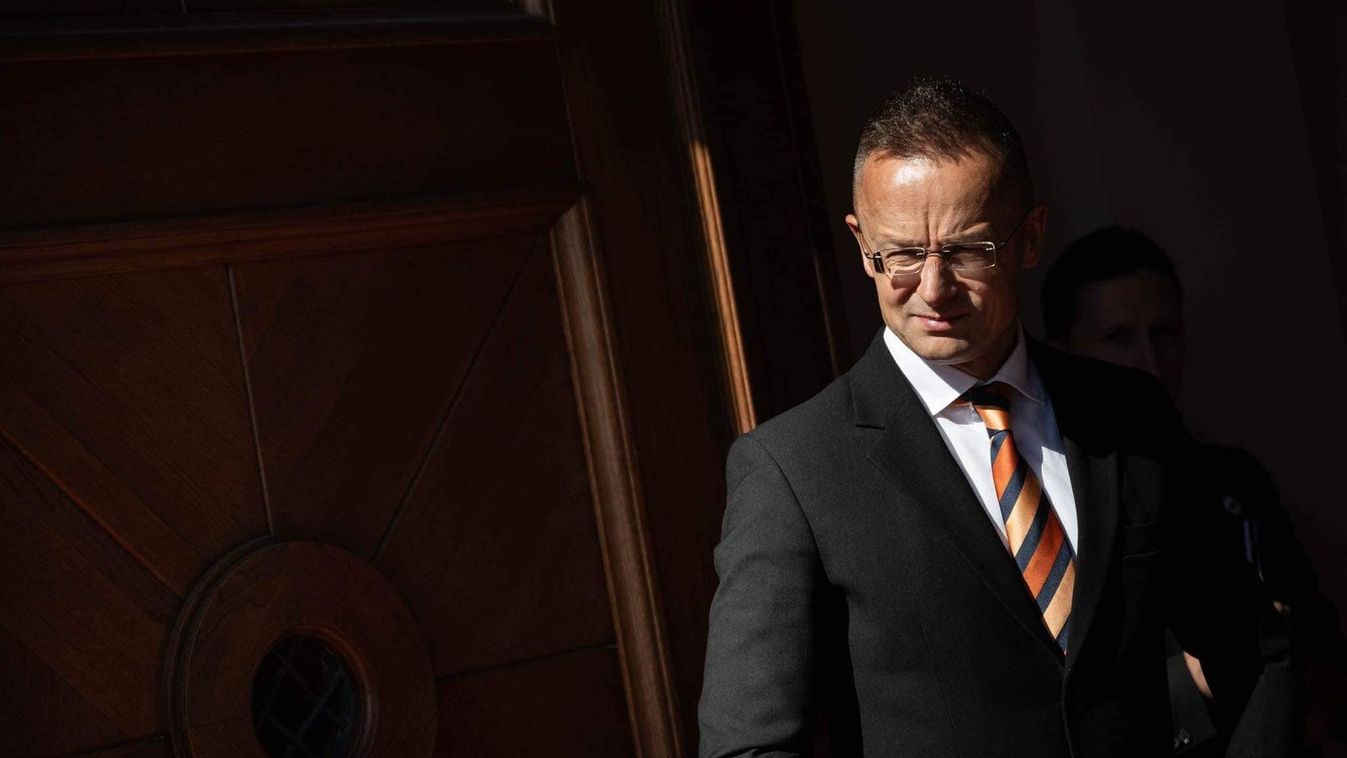
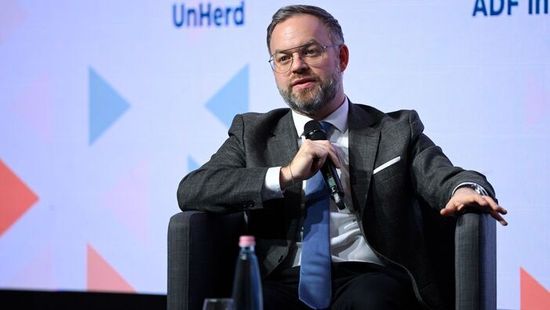

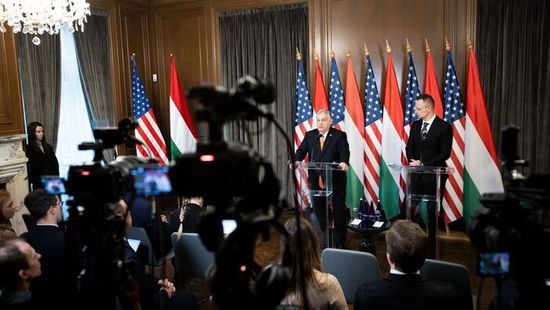
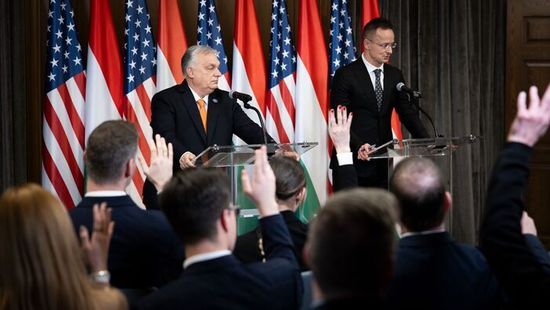

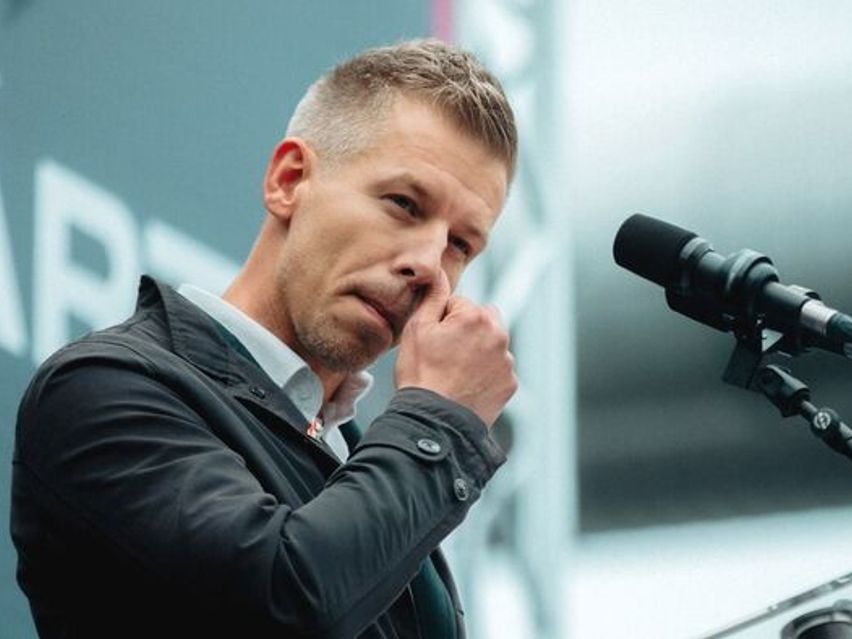
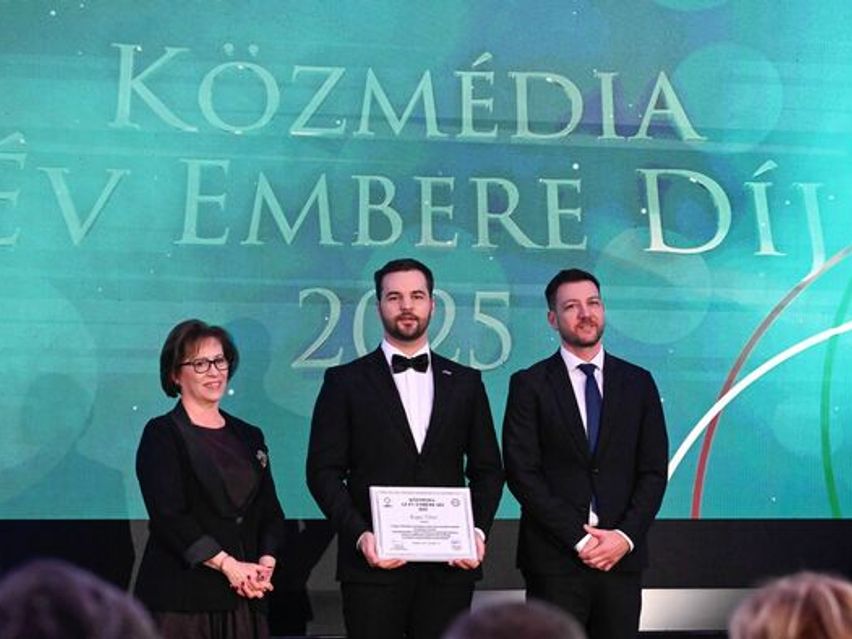
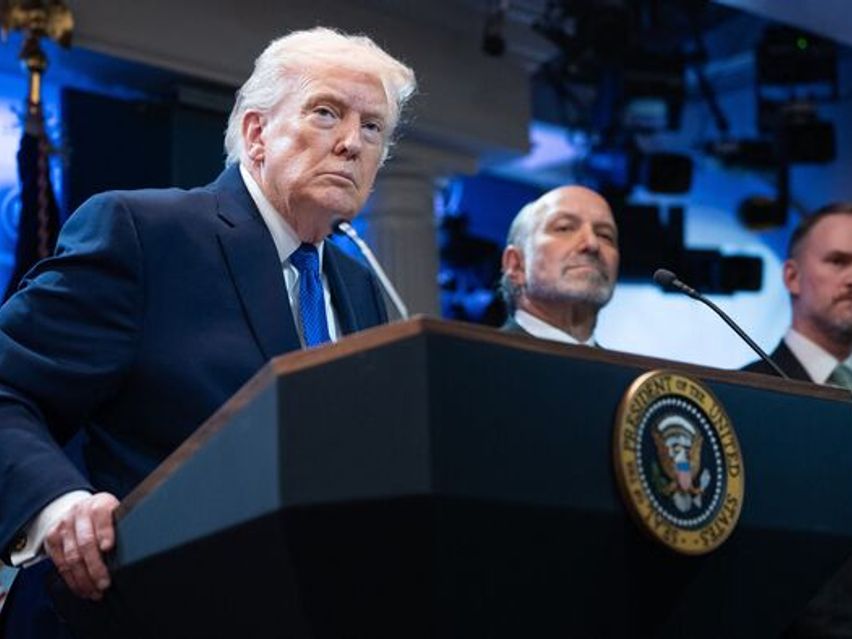
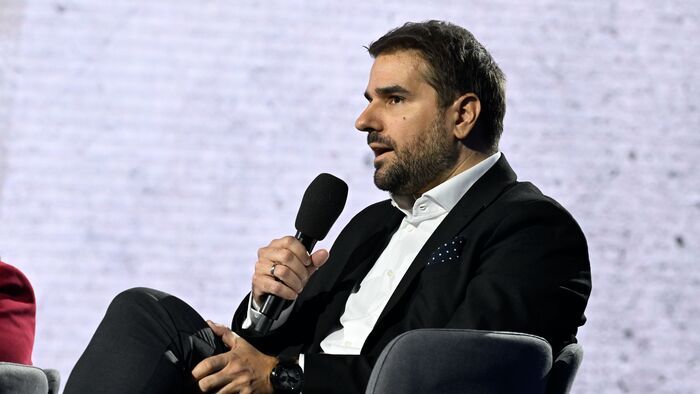

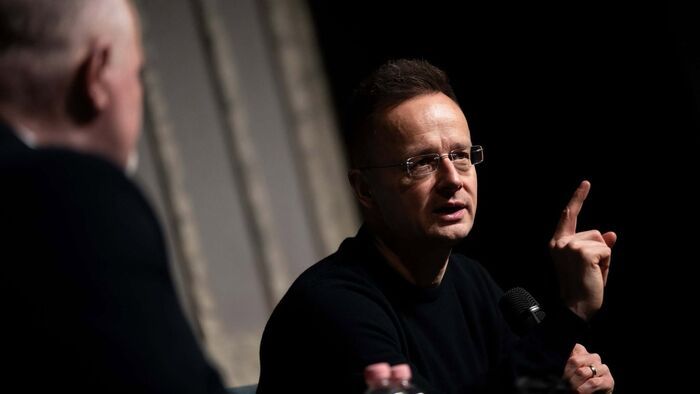
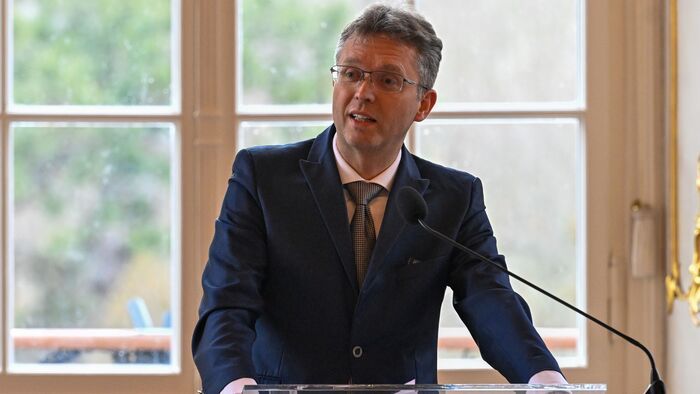

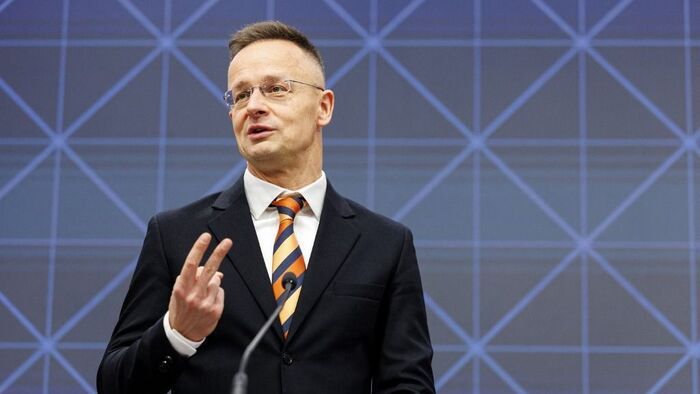
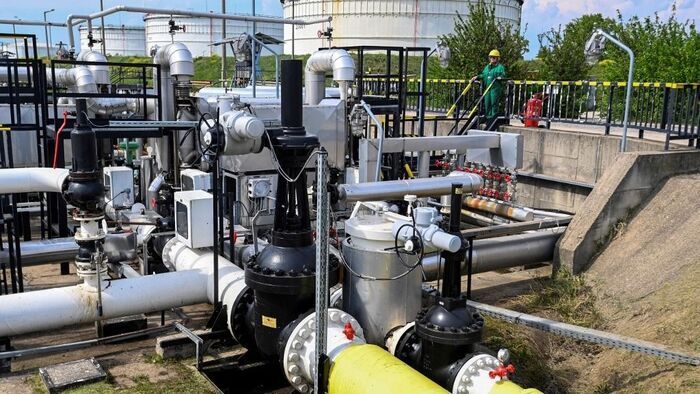
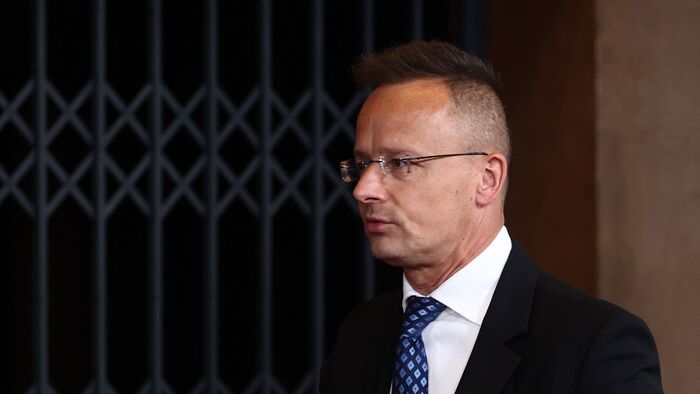
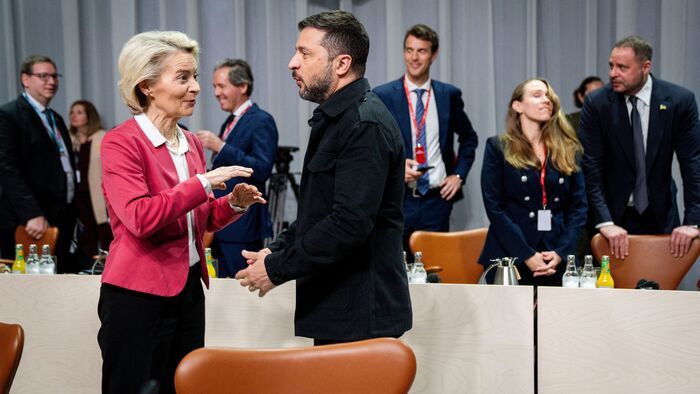

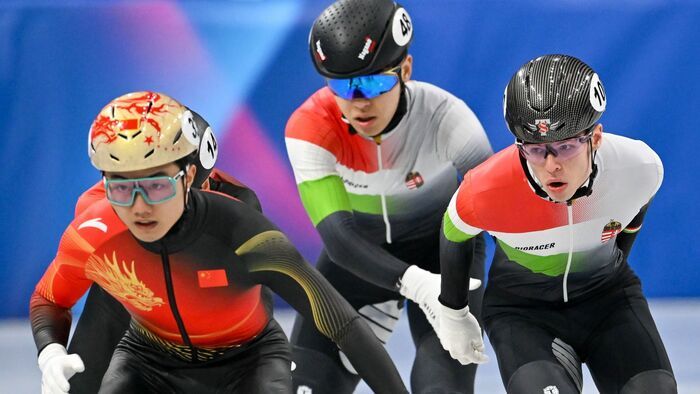
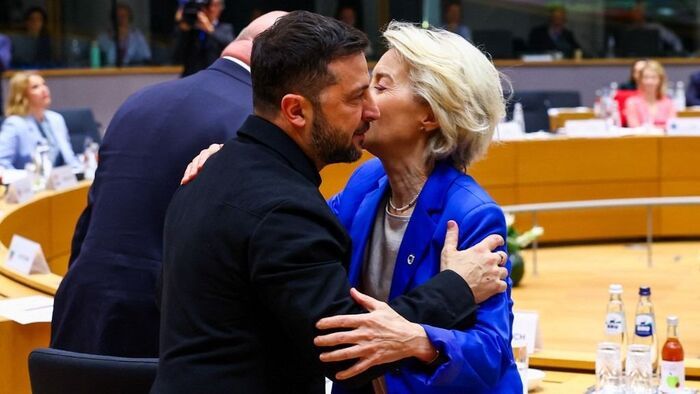


Szóljon hozzá!
Jelenleg csak a hozzászólások egy kis részét látja. Hozzászóláshoz és a további kommentek megtekintéséhez lépjen be, vagy regisztráljon!